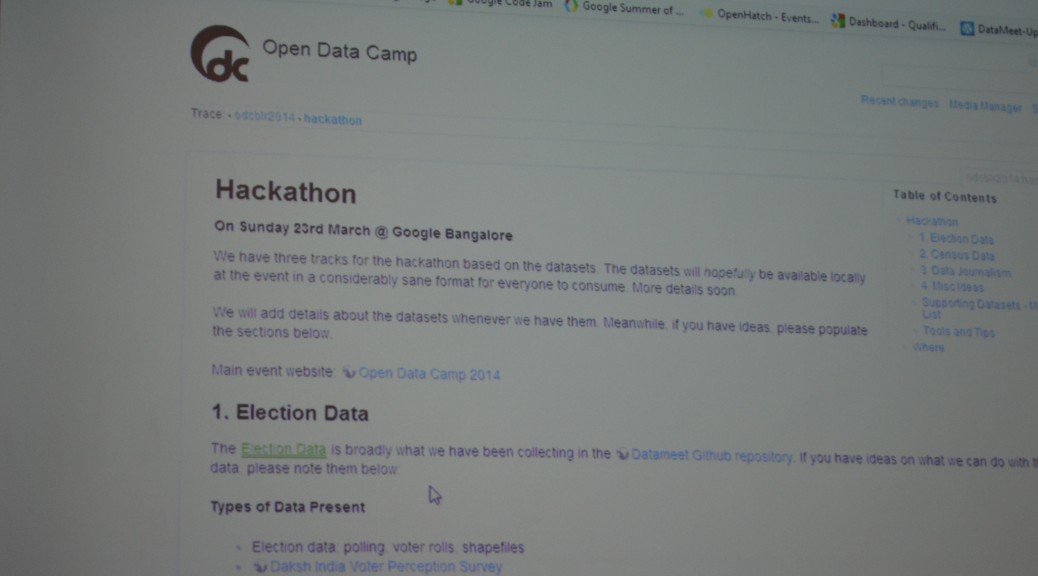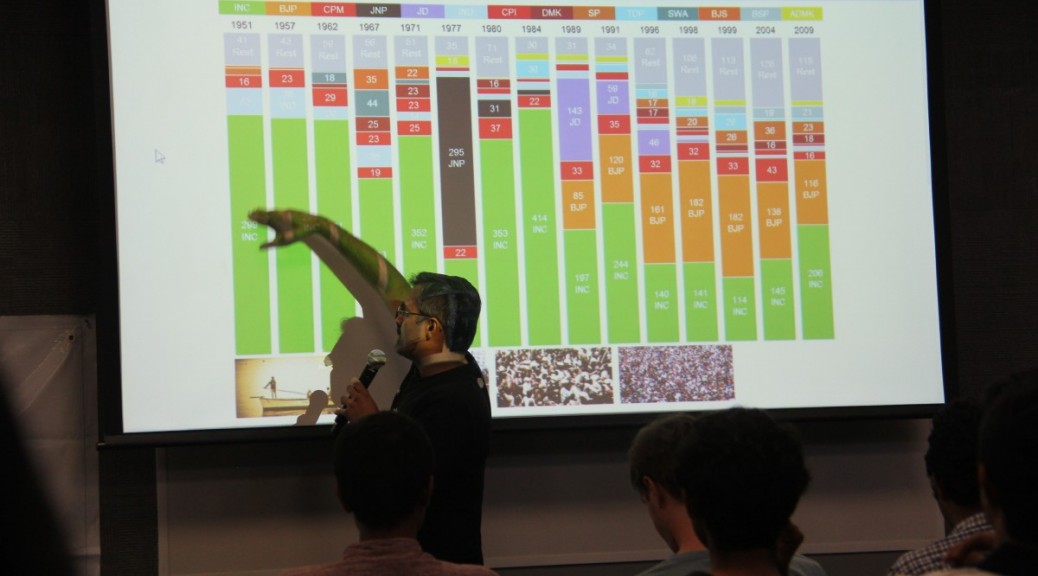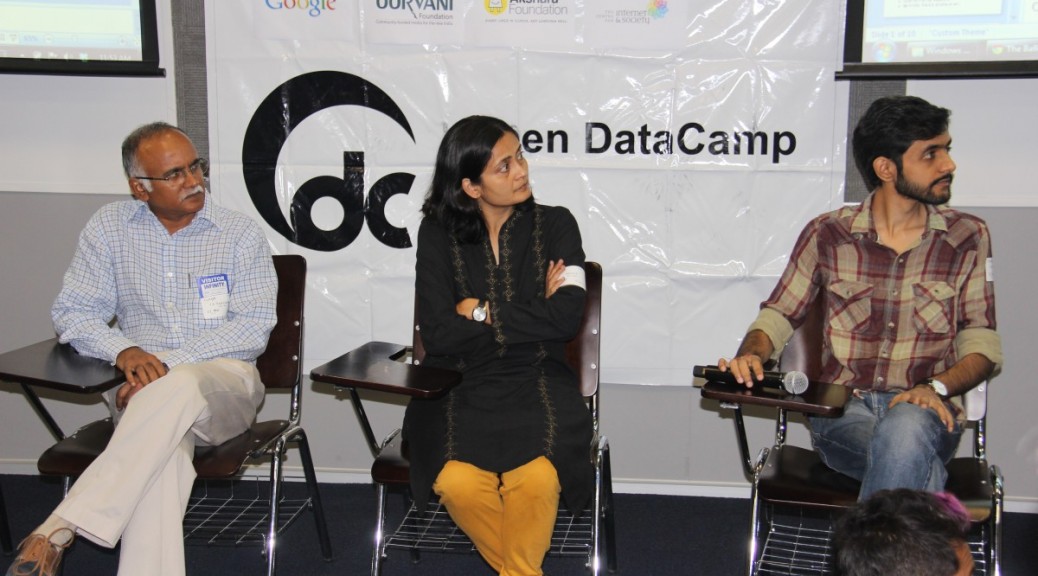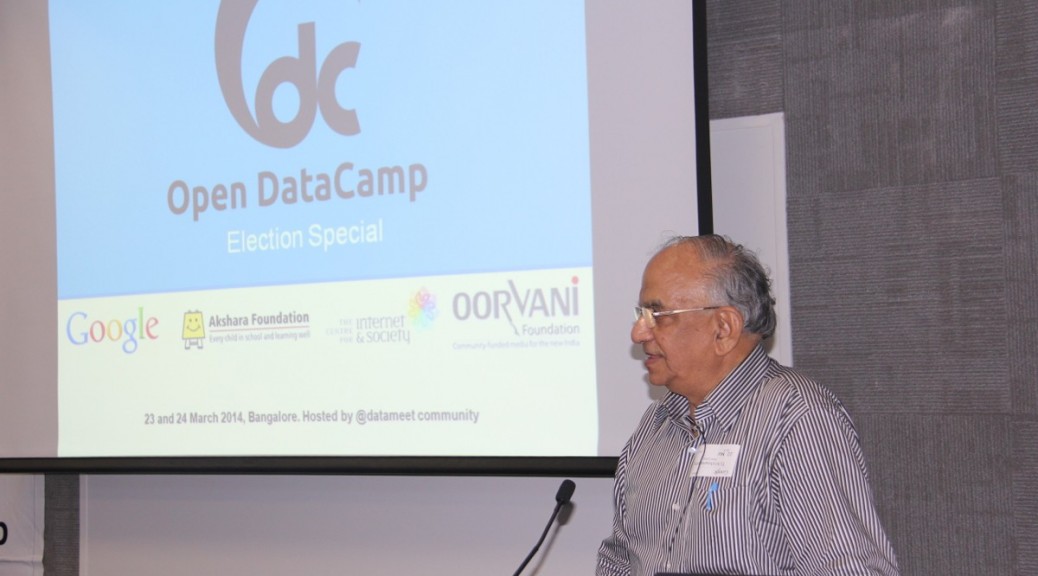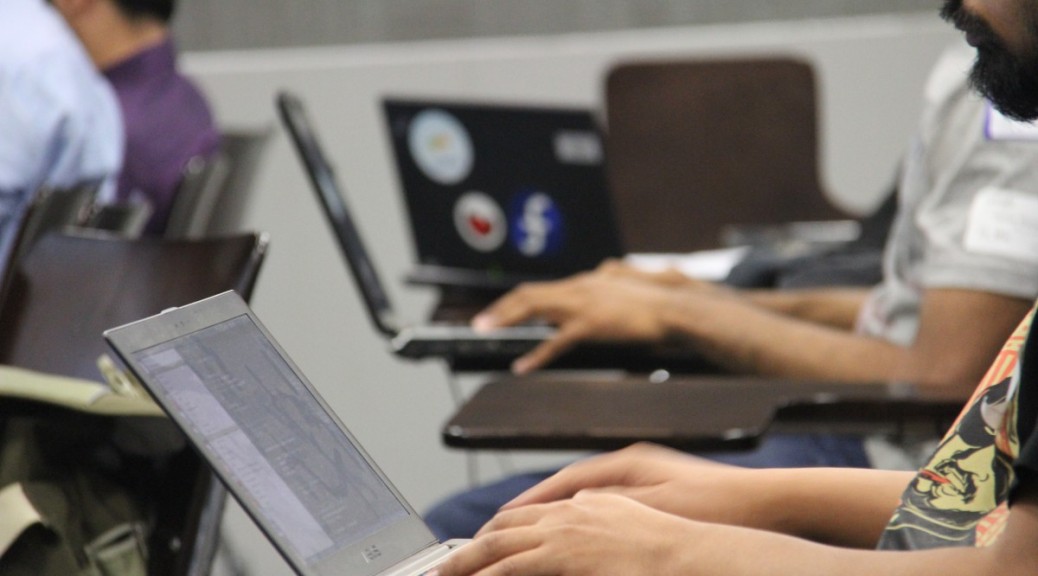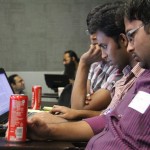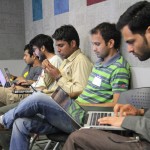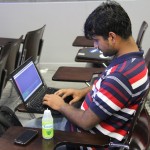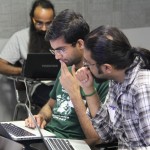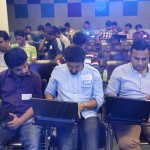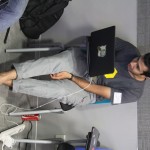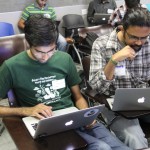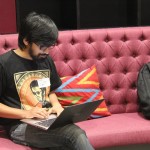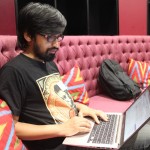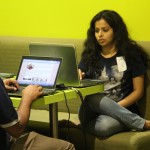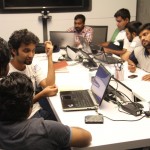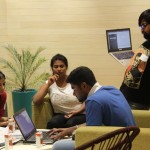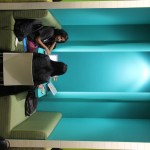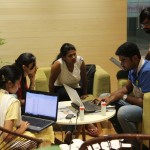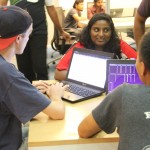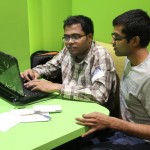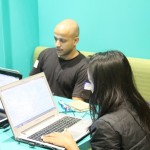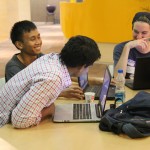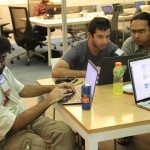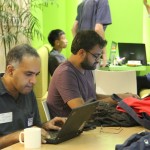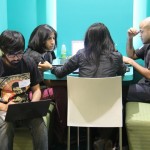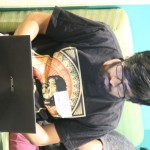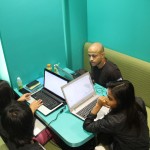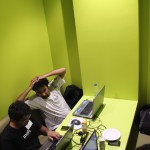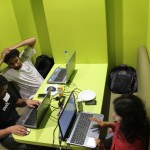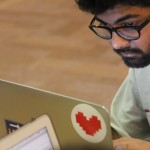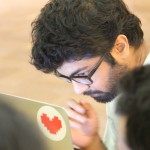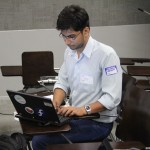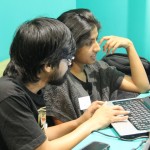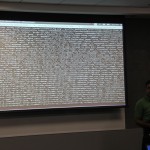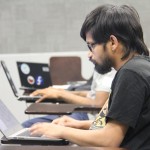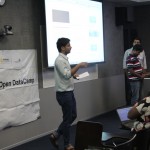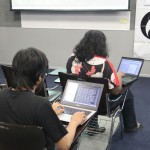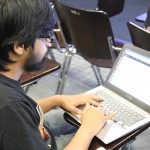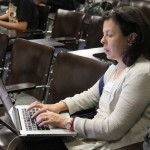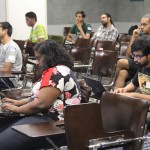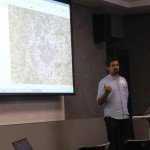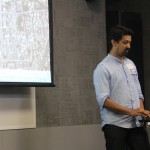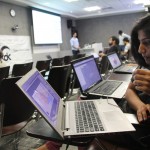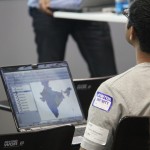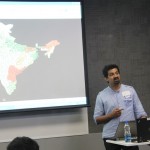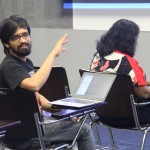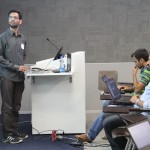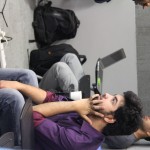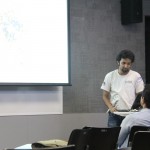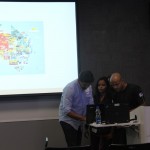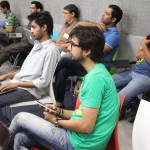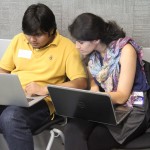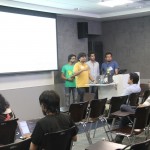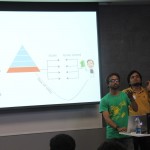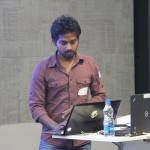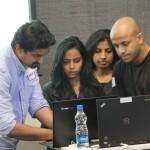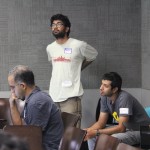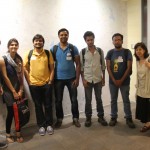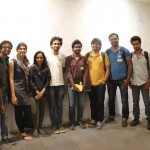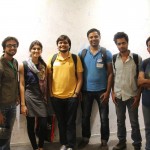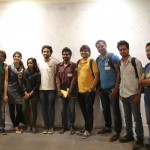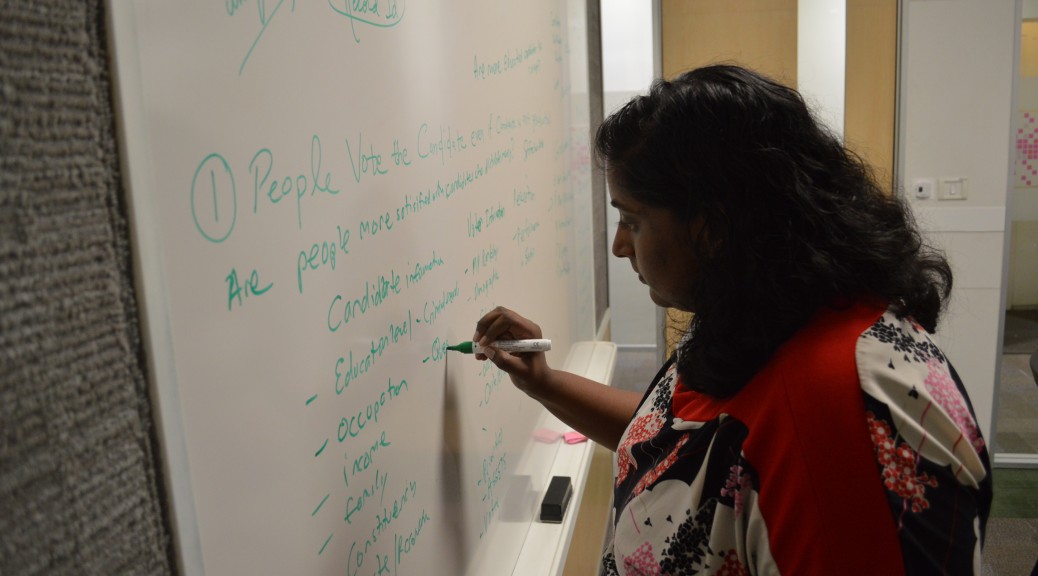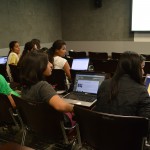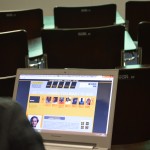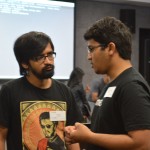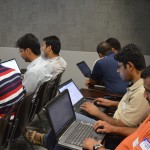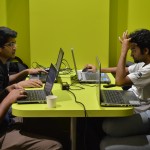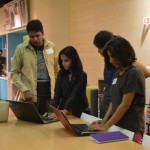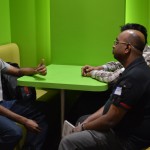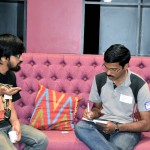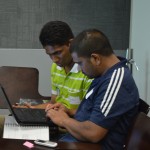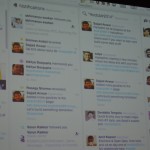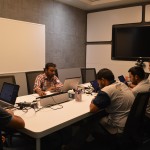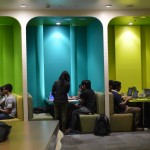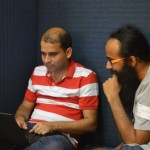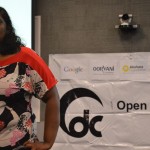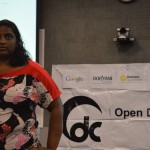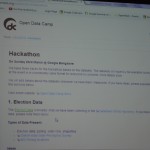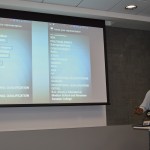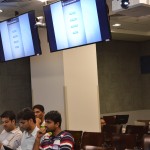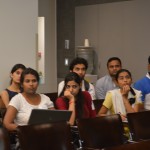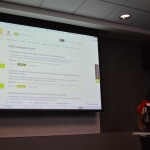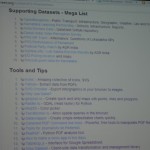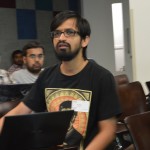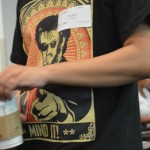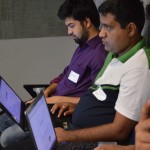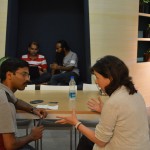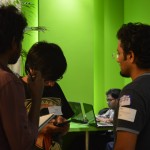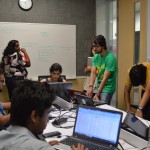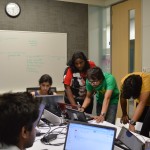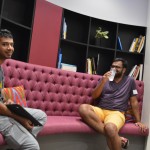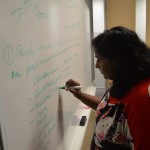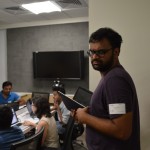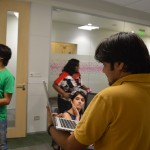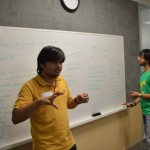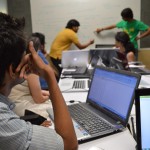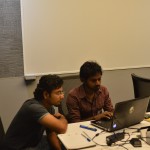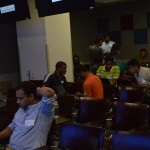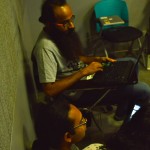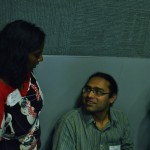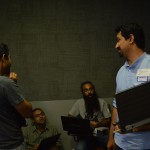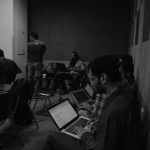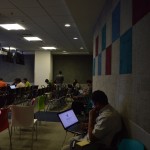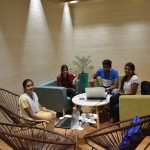Last Su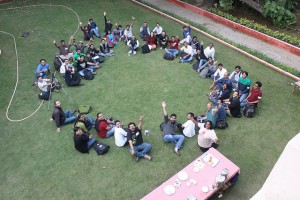 nday DataMeet Delhi hosted their 2nd Open Data Camp! 60 people decided to spend their Sunday with us to discuss Digital India and find ways to make this programme more Open and Transparent.
nday DataMeet Delhi hosted their 2nd Open Data Camp! 60 people decided to spend their Sunday with us to discuss Digital India and find ways to make this programme more Open and Transparent.
The Delhi chapter decided to examine the role of openness in Digital India, especially how the open data agenda should be integrated into the initiative. Digital India is the flagship programme of the Government of India to harness the possibilities of information technologies for accountable governance, effective citizenship, and a productive and job-creating digital economy.
This event also explored the recent international push towards better global availability of interoperable 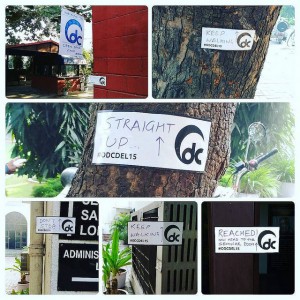 and comparable data, such as the Data Revolution for Sustainable Development initiative of UN and the International Open Data Charter introduced by the Open Data Working Group of Open Government Partnership. The discussion looked at these wider conversation in the keynote and the morning panels.
and comparable data, such as the Data Revolution for Sustainable Development initiative of UN and the International Open Data Charter introduced by the Open Data Working Group of Open Government Partnership. The discussion looked at these wider conversation in the keynote and the morning panels.
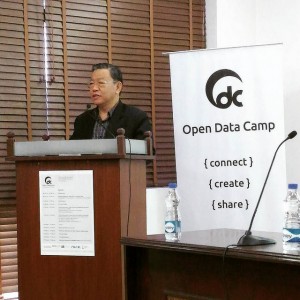
Keynote: Honourable MP from Sikkim P.D. Rai.
The MP from Sikkim started off the day by talking about his experience setting up the first state level Open Data Policy, Sikkim Open Data Acquisisiton and Accessibility Policy (SODAAP),, and why it was important for them to take control of the state’s data through openness.
He stated the the “lack of reliable, structured, and proactively available data is a key barrier to good governance.” So the SODAAP would allow state legislators to get access to data as they need it instead of having to go through the current structure of asking the Centre for data. “Why is it that we have fancy phones but we can’t get data on public policy & schemes on it for good decisions.”
When asked how to get government to change he stated, “I’m not the executive, I’m a lawmaker. I don’t represent the government. I question it as much as you do.”
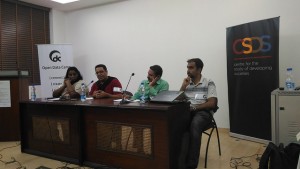
Open Data and Digital Governance
Anoop Aravind, Konatham Dileep, and Nikhil Pahwa
This panel focused on the Digital India from a government and journalistic point of view of Digital India. The panel had a representative from Telegana, KPMG who is implementing E-Panchayats, and from Media Namma.
Dileep the Digital Media Director for Telegana pointed out that the government is the biggest creator of data but they are not set up to share, and are not encouraged to. Anoop from e-Panchayats pointed out that there are technical issues with implementation and technology infiltration at the local level. He said the biggest problem for them is the lack of mapping data that can used to help with planning.
Nikhil from Media Namma made the point that the government should proactively disclose data, “why do we need to get personal relations to get the data?” but this doesn’t replace people’s right to ask for information and not just rely on information provided by open data. Right to Information is still vital and this includes an expanded effort to protect people’s privacy.
When asked what are the challenges of openness for Digital India? That despite the big fanfare there is uneven implementation and issues that have to be solved before the dreams of Digital India are realized, and that people have to work with the government to show them the reason to be open.
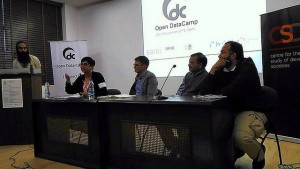
Open Data and Digital Citizenship
Bhanupriya Rao, Dr. Biplav Srivastava, Nic Dawes, and Shashank Srinivasan
Bhanupriya Rao an RTI activist described out RTI has a pro-active disclosure requirement, however, it is not in practice and without that RTI is the best tool for now. There is no right to data concept.
Nic Dawes described journalism as a constitutional mandate and went on say that that open data and journalism communities must work together more. Journalists can deal with biases, data interpretation issues, graphic presentations, and tell compelling stories using tech and design.
Biplav Srivastava spoke about the need to move toward smart data consumption, for policy decisions and individual decisions. That the next steps are data integration/re-use/standards, and linked data for analytics.
Shashank Srinivasan shared his experience with open data for conservation (WWF), how they consume OSM data for needs of protecting wildlife. What are risks for crowdsourcing for wildlife conservation? Open data can be a problem for conservation, control over the end user is needed.
Questions to consider:
How can open data improve our work? How can academia and open data converge? Can donors influence on releasing data? What does it mean to be a digital citizen?
Lightning talks
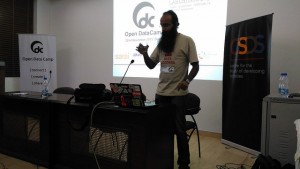
Guneet from Akvo shared their smart phone app that detects Fluoride levels in water.
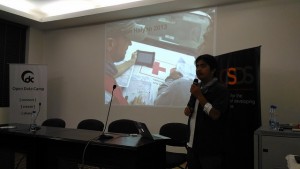 Maning from HotOSM shared their work around the world providing maps during natural disasters, including the Nepal Earthquake.
Maning from HotOSM shared their work around the world providing maps during natural disasters, including the Nepal Earthquake.
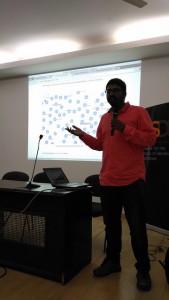
Transport Working Group shared the work looking at bus data in Delhi.
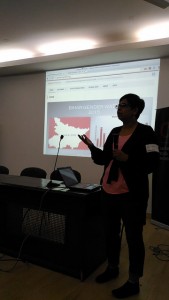
Bihar Gender Watch shared the work of looking at the gender split in elected bodies.
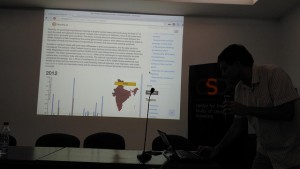
NewsPie is an online news site, they shared the data work they have done in roads and around net neutrality.
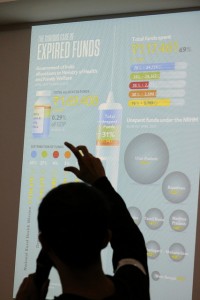
Aditya Dipankar shared his work designing information.
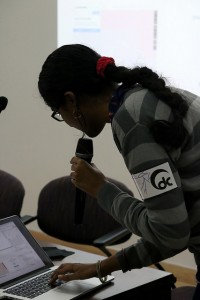 Aruna from MapBox shared their work mapping road naming.
Aruna from MapBox shared their work mapping road naming.
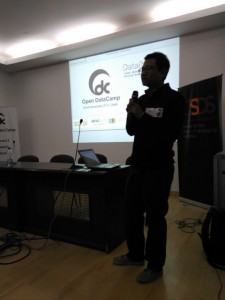
Turam shared his project that built more data collection tools on the Open Data Kit.
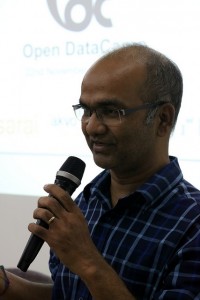
Yogesh from Random Hacks of Kindness (RHOK) on his vision for an open revolution! Also the work of RHOK in India bridging gaps between organizations on the ground and technologists.
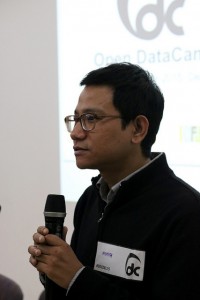 Monish Khetrimayum a PHD student spoke about big data, governance and citizenship.
Monish Khetrimayum a PHD student spoke about big data, governance and citizenship.
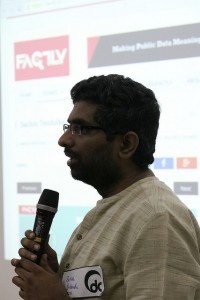
Rakesh from Factly describes how they use RTI information and open data to make sense of information for journalists and citizens.
Group Activity: Response to Digital India

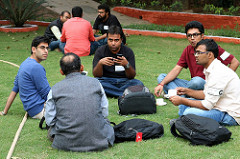
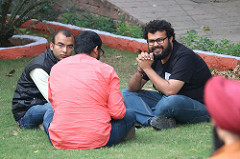
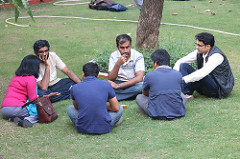
Groups were formed to discuss each pillar and come up with questions.
We have gathered all the questions and put them in the DataMeet hackpad, you can find each pillar here.
Please feel free to take a look and add more questions and dataset requests.
After a week’s time we will be gathering everything and writing a letter of request for openness to Digital India and the various departments, DIETY, to ask them to make this information available.
It was a fantastic day! DataMeet Delhi did an amazing job putting together really interesting speakers to make this a well rounded interactive event.
Thank you especially to the sponsors for helping make this event great!
- SARAI for the space
- AKVO for travel
- ICFJ for food and other support.
- RHOK for travel
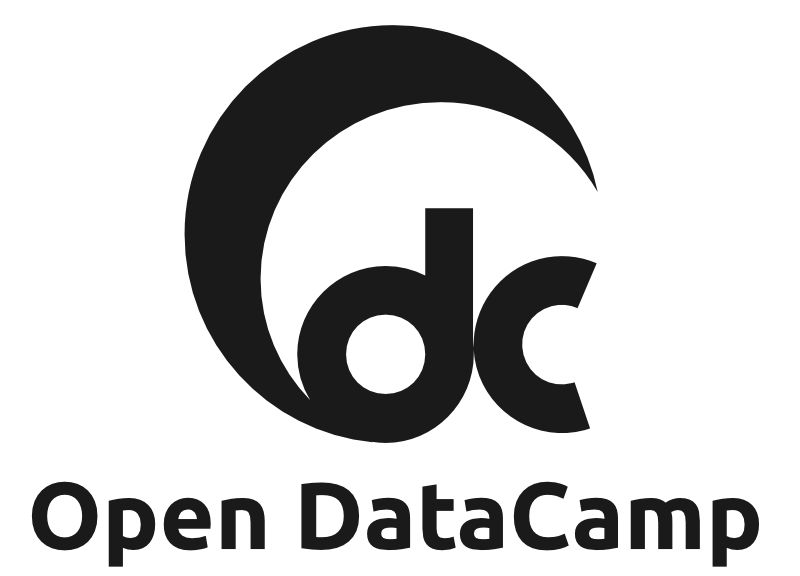
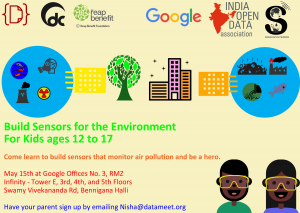




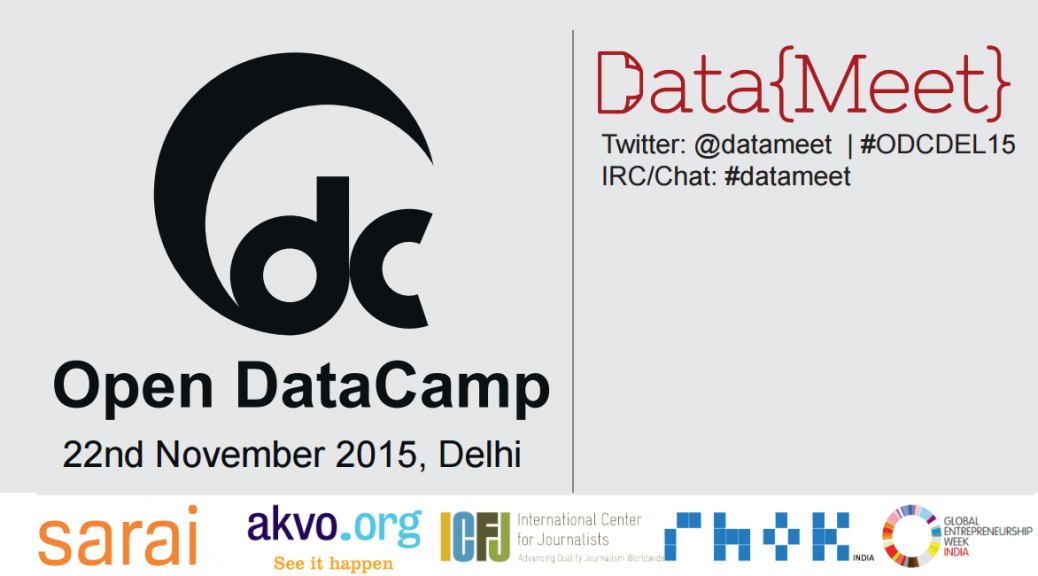
 nday
nday  and comparable data, such as the
and comparable data, such as the 

















